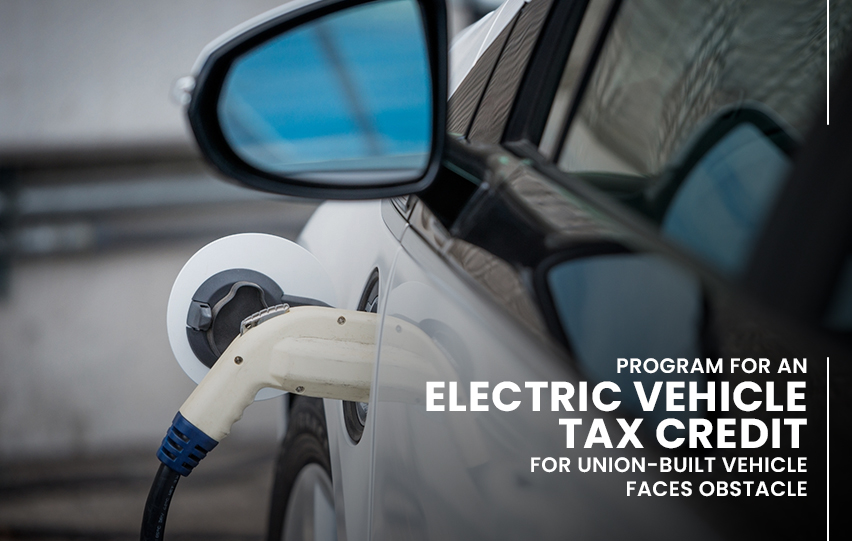House Democrats’ plan to provide customers with an additional option to encourage union-built vehicles has sparked controversy and discussion among legislators, manufacturers, and other parties.
The House Ways and Means Committee last week cleared the tax breaks for consideration in the Democrats’ $3.5 trillion budget bill measure, despite vocal objections from Toyota Motor North America, American Honda Motor Co., Tesla, and nonunionized business groups.
The plan, spearheaded by Rep. Dan Kildee, D-Mich., would increase consumer tax credits for electric vehicles built at a facility represented by a labor union and using American-made batteries to as much as $12,500. Only EVs built in the United States would be eligible for the $7,500 basic credit after five years.

The House proposal, as written, might run into opposition in the Senate, thanks to Joe Manchin, a moderate Democrat from coal-producing West Virginia, where Toyota is the sole carmaker with a facility. Multiple requests for an interview with Manchin’s office were ignored last week.
“Joe Manchin is one of several strong members of Congress who has nonunion automotive production in their state or district,” said Kristin Dziczek, senior head of research at the Center for Automotive Research in Ann Arbor, Mich. “For those who representing regions or states that have international, nonunion production, it will be difficult for them to endorse the wording as it is now worded.”
Among Manchin’s worries as the United States moves toward greater electric vehicles and a green and sustainable grid are the transition costs for fossil fuel industry workers, such as coal miners. Manchin is a critical swing member of the Democratic Party who has argued against the $3.5 trillion adjustment price tag.
“How does it benefit the people of West Virginia?” Dziczek explained. “Coal production, as well as Toyota engines and gearboxes, will be front of mind for him.” Republican Sen. Shelley Moore Capito of West Virginia termed the Democrats’ EV tax credits “very unfair” and argued that the incentives would “disadvantage companies making investments in the United States.” Manchin’s West Virginia Republican companion
Republican senators are opposed to the tax and spend plan; nonetheless, it has 50 senators and the vice president’s majority chance of passing.













